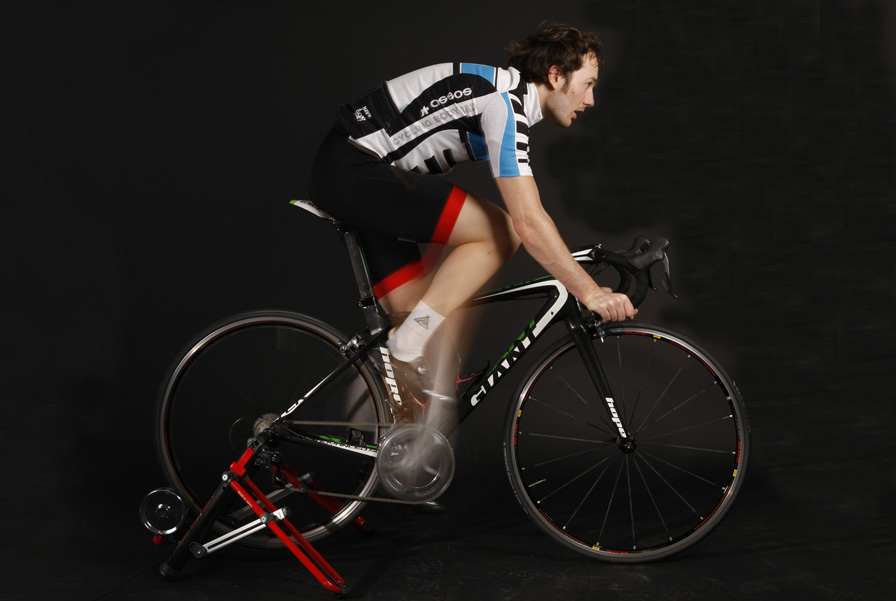Turbo training can help recovery for stroke victims, finds study
Stroke patients who took part in static cycling sessions had improved recovery of motor skills


The latest race content, interviews, features, reviews and expert buying guides, direct to your inbox!
You are now subscribed
Your newsletter sign-up was successful
Cycling on a turbo trainer, albeit a motorised bike, can help a stroke patients’ brain and motor skills recovery.
A small study of 17 stroke survivors by the Cleveland Clinic, Ohio, showed how those who completed cycling exercises made greater improvement in the recovery of motor skills.
Research has frequently found that aerobic exercise helps the brains to learn new information and similar studies have noted how stationary cycling has helped Parkinson’s disease recovery.
The authors of this particular study believe that cycling helps enhance the brain’s ability to reorganize itself and create new connections.
The study involved the 17 participants, aged between 23 and 84 and who had suffered a stroke in the past six to twelve months, being randomly assigned to one of three groups: exercise on a motorised stationary bike; a stationary bike without a motor; or no aerobic exercise but twice as much upper body repetitive task therapy.
>>> Turbo training sessions: Get the most out of your indoor training
The cycling sessions were a duration of 45 minutes and were completed before the repetitive task therapy which aimed to help patients regain the use of their arms.
The latest race content, interviews, features, reviews and expert buying guides, direct to your inbox!
Over eight weeks all three groups did 24 exercise sessions with those in the motorised stationary bike group showing a 34 per cent improvement in motor skills. This bettered the 16 per cent improvement figure of the non-motorised stationary bike group and 17 per cent shown by the third no aerobic exercise group.
A motored bike helps patients with reduced mobility to pedal, researchers said. It also allows them to achieve and maintain the intensity of training that is believed to be required to affect brain function.
Susan Linder, a physical therapist at the Cleveland Clinic who presented the research to the American Stroke Association’s International Stroke Conference 2015, said: “We’re improving cardiovascular health and stroke patients often have cardiovascular (problems). If we can improve motor recovery and cardiovascular health simultaneously, patients can regain lost motor function and improve their quality of life.”
A freelance sports journalist and podcaster, you'll mostly find Chris's byline attached to news scoops, profile interviews and long reads across a variety of different publications. He has been writing regularly for Cycling Weekly since 2013. In 2024 he released a seven-part podcast documentary, Ghost in the Machine, about motor doping in cycling.
Previously a ski, hiking and cycling guide in the Canadian Rockies and Spanish Pyrenees, he almost certainly holds the record for the most number of interviews conducted from snowy mountains. He lives in Valencia, Spain.
